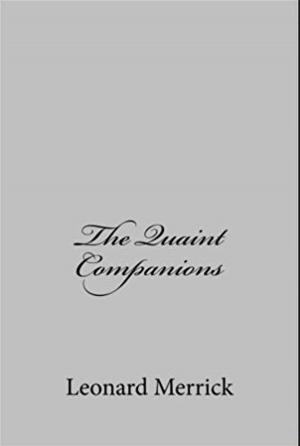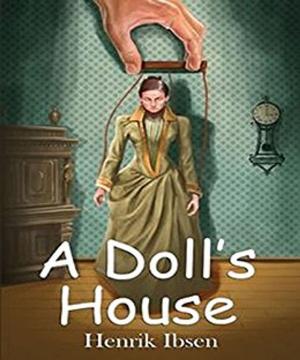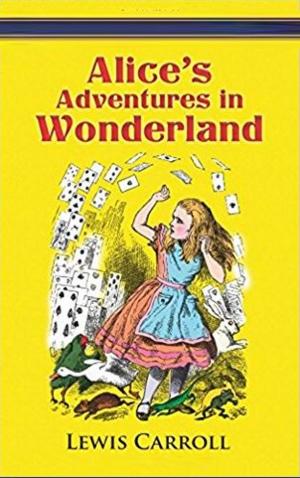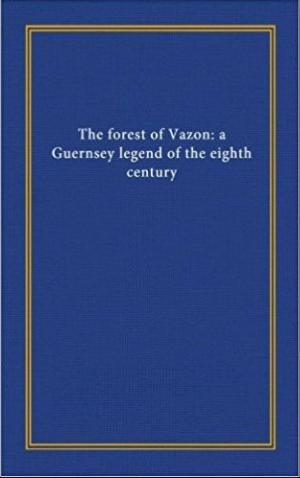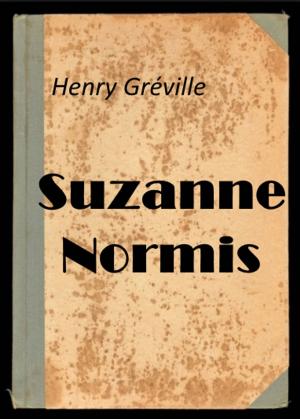| Author: | ELLEN THORNEYCROFT FOWLER | ISBN: | 1230002419985 |
| Publisher: | Jwarlal | Publication: | July 10, 2018 |
| Imprint: | Language: | English |
| Author: | ELLEN THORNEYCROFT FOWLER |
| ISBN: | 1230002419985 |
| Publisher: | Jwarlal |
| Publication: | July 10, 2018 |
| Imprint: | |
| Language: | English |
It was with this apparently simple question that Arthur Blathwayte rang up the curtain on the drama of my life.
That the performance was late in beginning I cannot but admit. I was fully forty-two; an age at which the drama of most men's lives are over—or, at any rate, well on in the third act. But in my uneventful existence there had been no drama at all; not even an ineffective love-affair that could be dignified by the name of a "curtain-raiser."
Of course I had perceived that some women were better looking than others, and more attractive and easier to get on with. But I had only perceived this in a scientific, impersonal kind of way: the perception had in nowise penetrated my inner consciousness or influenced my existence. I was the type of person who is described by the populace as "not a marrying sort," and consequently I had reached the age of forty-two without either marrying or wishing to marry.
I admit that I had not been thrown into circumstances conducive to the cultivation of the tender passion; my sister Annabel had seen to that; but no sister—be she even as powerful as Annabel herself—can prevent a man from falling in love if he be so minded, nor from seeking out for himself a woman to fall in love with if none are thrown in his way. But I had not been so minded; therefore Annabel's precautions had triumphed.
Annabel was one of that by no means inconsiderable number of women who constantly say they desire and think they desire one thing, while they are actually wishing and working for the exact opposite. For instance, she was always remarking how much she wished that I would marry—and what a mistake it was for a man like myself to remain single—and what a pity it was for the baronetcy to die out. And she said this in all sincerity: there was never any conscious humbug about Annabel. Yet if by any chance a marriageable maiden came my way, Annabel hustled her off as she hustled off the peacocks when they came into the flower-garden. My marriage was in theory one of Annabel's fondest hopes: in practice a catastrophe to be averted at all costs.
My sister was five years my senior, and had mothered me ever since my mother's death when I was a boy. There were only the two of us, and surely no man ever had a better sister than I had. In my childhood she stood between me and danger; in my youth between me and discipline; and in my manhood between me and discomfort. As far as in her lay she had persistently shielded me from all life's disagreeables; and a great deal of shielding power lay in Annabel. Of course she ought to have been the son and I the daughter: my mother said it when we were children, and my father never tired of saying it when we were grown up, and I myself fully realised the force of the remark. But I didn't see that I could do anything, or that it was in any way my fault, though my father always spoke as if he thought it were: as if in some occult way Annabel's unselfishness and my carelessness were responsible for this mistake in sex: and as if she had deliberately stood on one side in order that the honour of manhood should fall upon me.
It was with this apparently simple question that Arthur Blathwayte rang up the curtain on the drama of my life.
That the performance was late in beginning I cannot but admit. I was fully forty-two; an age at which the drama of most men's lives are over—or, at any rate, well on in the third act. But in my uneventful existence there had been no drama at all; not even an ineffective love-affair that could be dignified by the name of a "curtain-raiser."
Of course I had perceived that some women were better looking than others, and more attractive and easier to get on with. But I had only perceived this in a scientific, impersonal kind of way: the perception had in nowise penetrated my inner consciousness or influenced my existence. I was the type of person who is described by the populace as "not a marrying sort," and consequently I had reached the age of forty-two without either marrying or wishing to marry.
I admit that I had not been thrown into circumstances conducive to the cultivation of the tender passion; my sister Annabel had seen to that; but no sister—be she even as powerful as Annabel herself—can prevent a man from falling in love if he be so minded, nor from seeking out for himself a woman to fall in love with if none are thrown in his way. But I had not been so minded; therefore Annabel's precautions had triumphed.
Annabel was one of that by no means inconsiderable number of women who constantly say they desire and think they desire one thing, while they are actually wishing and working for the exact opposite. For instance, she was always remarking how much she wished that I would marry—and what a mistake it was for a man like myself to remain single—and what a pity it was for the baronetcy to die out. And she said this in all sincerity: there was never any conscious humbug about Annabel. Yet if by any chance a marriageable maiden came my way, Annabel hustled her off as she hustled off the peacocks when they came into the flower-garden. My marriage was in theory one of Annabel's fondest hopes: in practice a catastrophe to be averted at all costs.
My sister was five years my senior, and had mothered me ever since my mother's death when I was a boy. There were only the two of us, and surely no man ever had a better sister than I had. In my childhood she stood between me and danger; in my youth between me and discipline; and in my manhood between me and discomfort. As far as in her lay she had persistently shielded me from all life's disagreeables; and a great deal of shielding power lay in Annabel. Of course she ought to have been the son and I the daughter: my mother said it when we were children, and my father never tired of saying it when we were grown up, and I myself fully realised the force of the remark. But I didn't see that I could do anything, or that it was in any way my fault, though my father always spoke as if he thought it were: as if in some occult way Annabel's unselfishness and my carelessness were responsible for this mistake in sex: and as if she had deliberately stood on one side in order that the honour of manhood should fall upon me.


